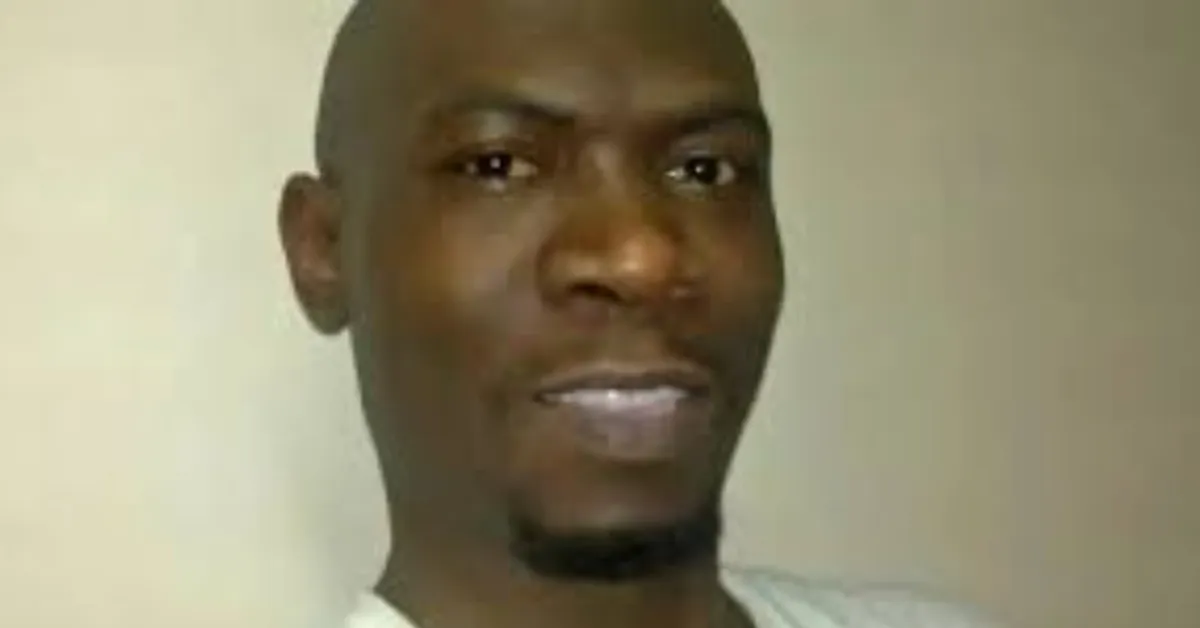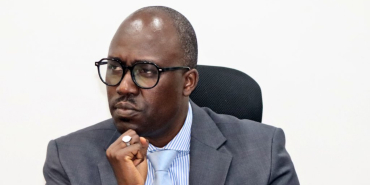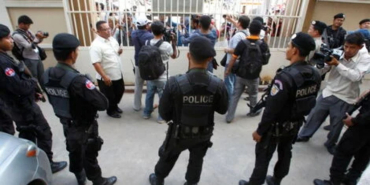Steve Munyakho Freed From Saudi Death Row After Ksh130 Million Diya Payment

Steve Abdukareem Munyakho, a Kenyan man condemned to death in Saudi Arabia, has been released after more than a decade of imprisonment.
His release, confirmed on Tuesday at 10:00 am local time by Foreign Affairs Principal Secretary Korir Sing’oei, follows the successful payment of 130 million Kenyan shillings (approximately $1 million) in diya, or blood money, to the family of the Yemeni national Munyakho was convicted of killing. Munyakho’s ordeal began with a fatal altercation in 2011, leading to his conviction under Shariah law. The sentence stipulated execution unless the diya was paid, triggering years of intense diplomatic negotiations, humanitarian appeals, and collaborative efforts between various Kenyan and international entities.
"Our Mission in Riyadh has confirmed that Steve performed his Umra (minor pilgrimage) upon release," Sing’oei said.
Details regarding his return to Kenya are expected to be released shortly. The Principal Secretary also acknowledged the combined efforts of those who had contributed to securing Munyakho's freedom. The case attracted significant national attention in Kenya, not only because of its intricate legal complexities, but also due to the unwavering advocacy of Munyakho’s mother, Dorothy Kweyu, a veteran journalist.
Her persistent appeals to the Kenyan government, civil society organisations, and religious leaders played a pivotal role in galvanising support and raising the funds necessary to meet the diya requirement. Kweyu's advocacy ultimately led to the involvement of the Supreme Council of Kenya Muslims (Supkem), which facilitated engagement with counterparts in Saudi Arabia. Supkem Chairman Hassan Ole Naado explained that Munyakho’s case received special consideration due to the absence of premeditated intent in the death of the victim.
"It was observed that Steve never intended to kill the victim given that he and the victim were, in fact, good friends save for the very unfortunate fight that led to the victim’s death," Ole Naado said.
Under Islamic jurisprudence, diya serves as a form of restitution to the victim's family, potentially leading to sentence reduction or even a pardon. While traditionally calculated based on the value of 100 camels, modern applications vary across countries and are typically paid in cash. Diya is currently recognised in approximately 20 countries across the Middle East and Africa, including Sudan and northern Nigeria, demonstrating its continued relevance in contemporary legal systems.
Munyakho’s release exemplifies a multi-pronged diplomatic strategy that involved the Kenyan government, religious institutions, and international partners. Earlier this year, the Muslim World League intervened to facilitate the payment of the blood money, with support from Kenyan officials and religious leaders. United Democratic Alliance (UDA) Secretary-General Hassan Omar revealed during an Iftar event at State House in March that the League had paid the required amount, following negotiations involving Kenya, Saudi Arabia, and the organisation.
Omar further indicated the involvement of President William Ruto, noting that the diplomatic efforts were coordinated from State House. Although the government has not fully disclosed the extent of its role, the case underscores the importance of state-led humanitarian diplomacy in safeguarding citizens abroad.
Initially charged with manslaughter, the charge against Munyakho was later upgraded to murder, a capital offence under Shariah law. Imprisoned in 2012, he remained in custody until his release this week. The challenge of raising the required 150 million Kenyan shillings in diya presented a formidable obstacle, with failure to meet the amount carrying the gravest consequences.














Add new comment